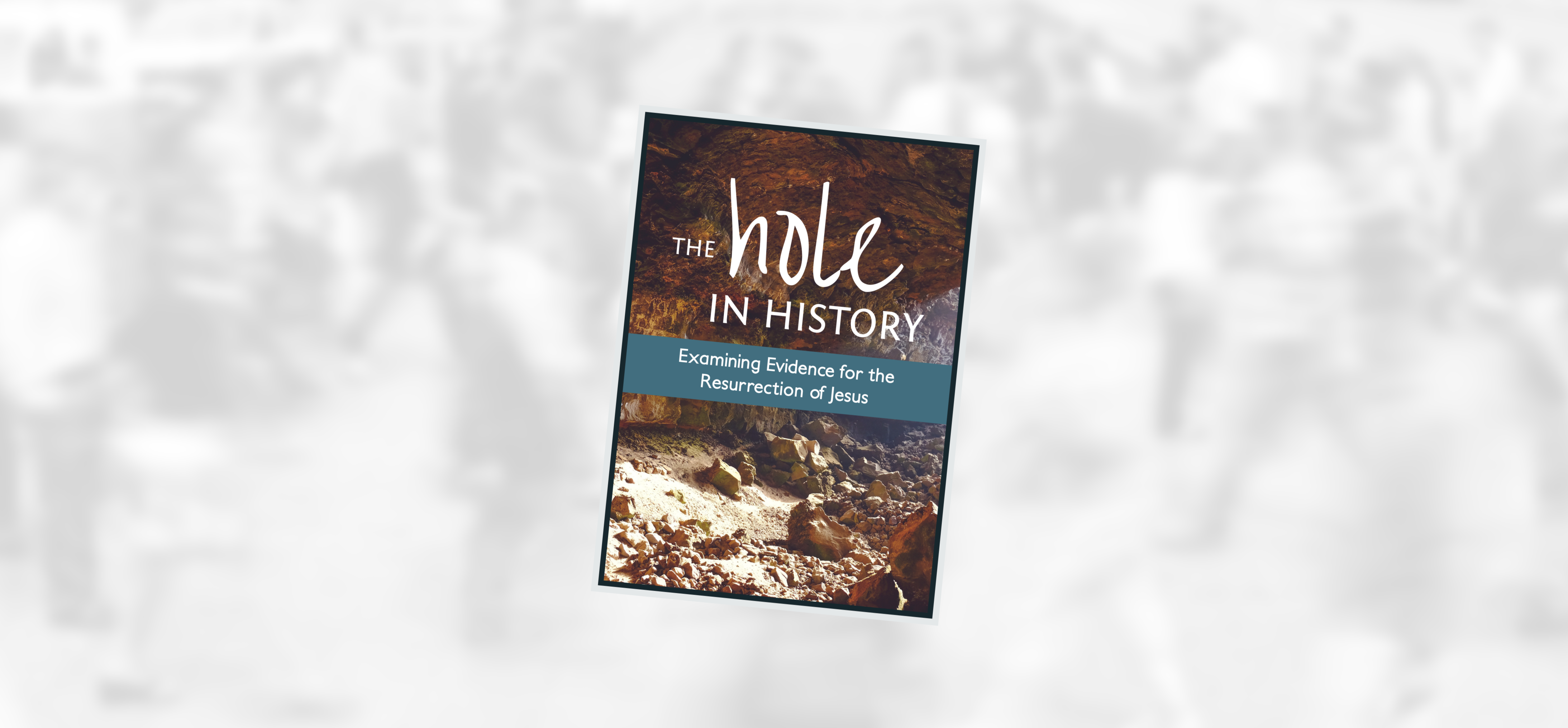What do you find when reading the Gospels for the first time? What's the historical basis behind it all? How do you deal with all the miracles? We consider ways to think about both what Jesus said and what he did, and how faith might develop from reading the Gospels.
Paul and Dan take another look into how the Bible narrative and the prophets intersect with history, this time focusing on the city of Tyre. Starting with a historical source that every Bible student should be familiar with, Asterix the Gaul, they take a deeper look at a short passage about the island fortress from the prophet Ezekiel.
John 1:1 "In the beginning was the word and the word was with God and the word was God" - What does the word "word" mean?!
We begin a new series in which we explore the deep questions around the relationship between God and Jesus, the Son of God. In this episode Josh Dean and Paul Davenport look at how Unitarians and Trinitarians both look at the same scriptural ‘raw materials’ but come to different conclusions. Why is that? How should we evaluate whether one view is more appropriate than the other? Are they both truly Christian perspectives?
The Hole in History is a short book that systematically goes through the evidence for the resurrection of Jesus in a clear and accessible way.
The title of this episode is a question from one of our listeners. Dan Weatherall and Jon Davies explore what’s behind it and find that there are even bigger questions to consider, like why are there differences between the Gospels? How we answer that gets to the heart of what the Gospels are for and how we read them. Listen in and see what you think!
The connection between the Bible and history is complicated. Should the Bible be treated as objective, literal history or should we see it as all myths? Is it possible to find the truth somewhere between those two extremes? Dan and Paul explore these questions by using one of the ancient kings of Judah, Hezekiah, as a case study.



